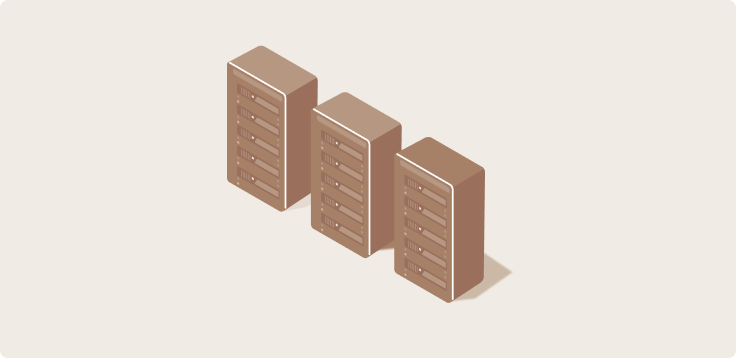Sep 01, 2024
Datacenter Proxies vs. Residential Proxies: Which is Better for Web Scraping in 2024 so far?

Web scraping is like a digital treasure hunt, where businesses, developers, and data enthusiasts gather valuable information from the vast world of the internet. But just like any good treasure hunt, having the right tools is essential. In the world of web scraping, that means choosing the right kind of proxy. So about 2024, a big question is: should you use datacenter proxies or residential proxies? Let’s break it down so you can make the best choice for your needs.
What Exactly Are Datacenter Proxies?
Think of datacenter proxies as high-powered, super-fast vehicles created in large, efficient factories. These proxies come from data centers, which are basically big facilities packed with servers that generate these IP addresses. The key thing to know is that datacenter proxies aren’t tied to a specific location or Internet Service Provider (ISP). This makes them quick and cost-effective—perfect for those who need speed without breaking the bank.
Why Datacenter Proxies Might Be Your Go-To for Web Scraping:
- Affordable and Fast: Datacenter proxies are typically more budget-friendly than their residential counterparts. If you’re working on a project that requires lots of data quickly, this cost-effectiveness can be a huge plus.
- Speed: These proxies are built for speed. If you need to gather large amounts of data in a short period, datacenter proxies can help you do just that without a hitch.
- Availability: Since they’re generated in large quantities, datacenter proxies are often readily available. You won’t have to wait long to get up and running.
However, it’s not all sunshine and rainbows. Datacenter proxies have some drawbacks, especially when it comes to how websites might treat them.
The Potential Pitfalls of Datacenter Proxies:
- Easier to Detect: Because datacenter proxies come from data centers and not from regular ISPs, some websites might find them easier to spot. This can lead to blocks or CAPTCHAs, slowing down your scraping efforts.
- Shared Reputation: Many datacenter proxies share the same IP range, meaning if someone else using that range has been flagged, your IP might get caught in the crossfire.
What About Residential Proxies?
Now, let’s talk about residential proxies. Imagine these proxies as everyday cars driving around neighborhoods. They’re tied to actual, physical locations and provided by ISPs to regular users like you and me. This makes them look much more like “real” internet traffic, which can be a huge advantage when scraping.
Why You Might Love Residential Proxies for Web Scraping:
- Higher Trust Levels: Since residential proxies come from real ISPs and are tied to actual locations, websites see them as genuine users. This means they’re less likely to be blocked or challenged with CAPTCHAs.
- Better Success Rates: Because they blend in with regular traffic, residential proxies often have higher success rates in web scraping, especially on websites that are particularly sensitive to automated traffic.
- Location Flexibility: Want to scrape data as if you were in New York, Paris, or Tokyo? Residential proxies make it easy to switch locations, giving you the flexibility to gather data from different regions seamlessly.
But just like anything else, residential proxies have their own set of challenges.
The Less-Great Side of Residential Proxies:
- Costlier: All that extra trust and flexibility comes at a price. Residential proxies are generally more expensive than datacenter proxies, so if you’re working with a tight budget, this might be something to consider.
- Slower Speeds: While not exactly slow, residential proxies can be less speedy compared to their datacenter counterparts. If your project is time-sensitive, this could be a factor to weigh in.
So, Which Should You Choose in 2024?
The answer depends on what you need for your web scraping project.
- Go with Datacenter Proxies if your project demands speed and volume, and you’re working within a budget. They’re fantastic for scraping tasks that aren’t too concerned with getting around strict website defenses.
- Opt for Residential Proxies if you’re dealing with more sensitive websites that are likely to block automated traffic. The higher cost might be worth it for the improved success rates and the ability to avoid detection.
In 2024, both types of proxies will have had their place in the world of web scraping. It’s all about balancing your needs—speed and cost versus stealth and success rates. By understanding the strengths and weaknesses of each, you can pick the right tool for your digital treasure hunt and gather the data you need efficiently and effectively.
You might like these, too
Price Monitoring · 5 minutes read
Data Collection · 4 minutes read
Data Collection · 5 minutes read
